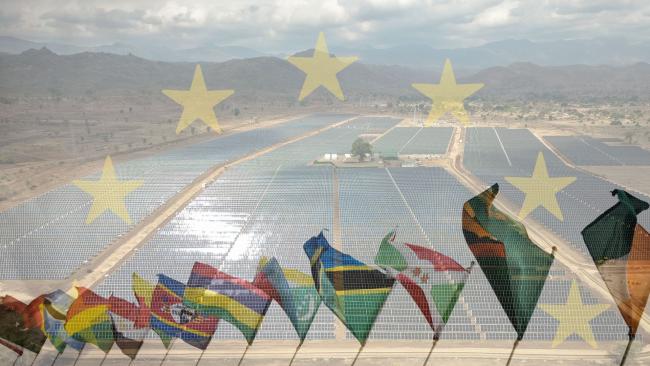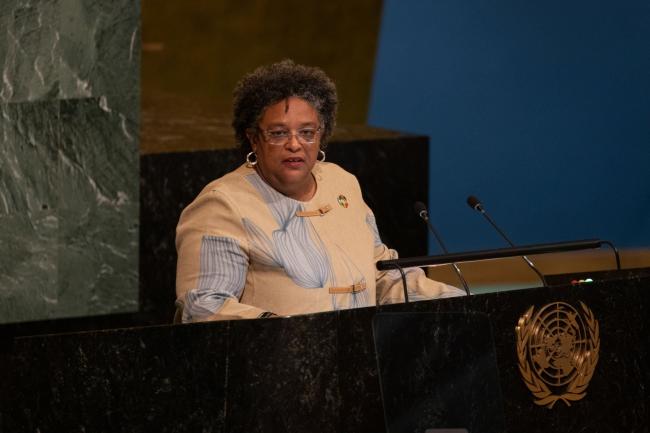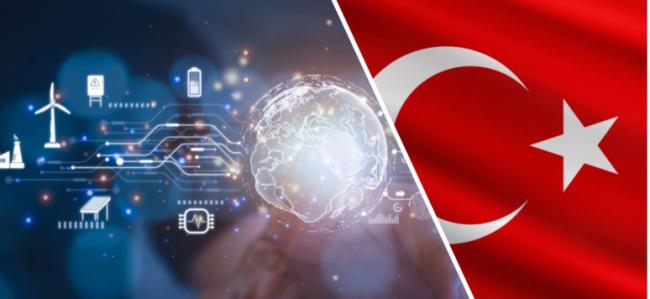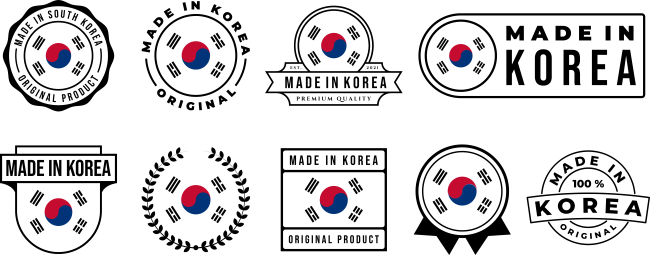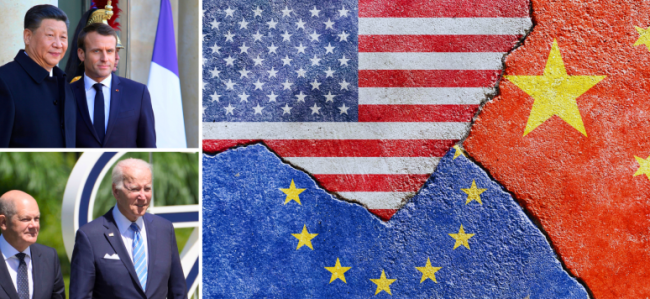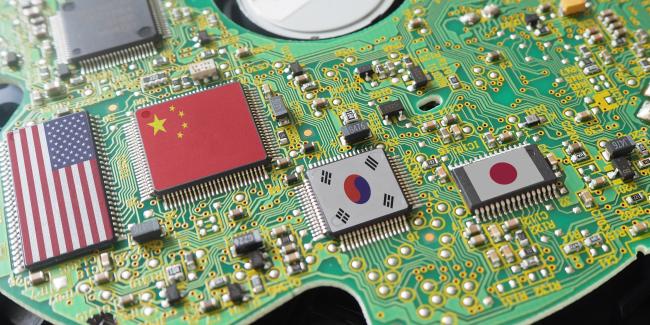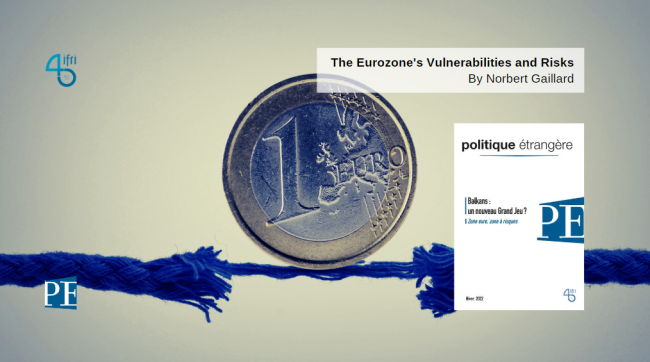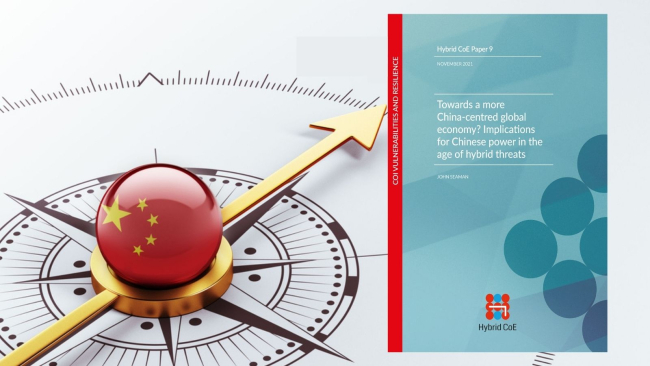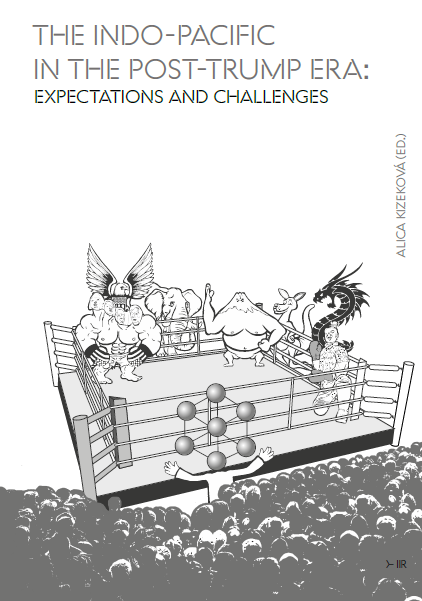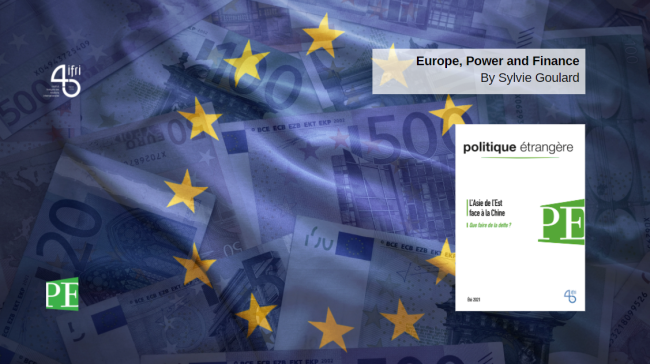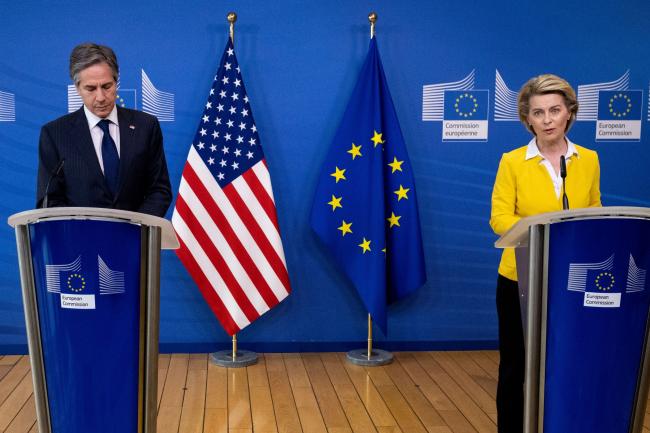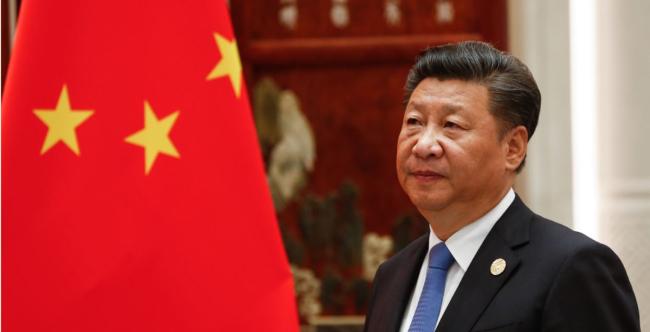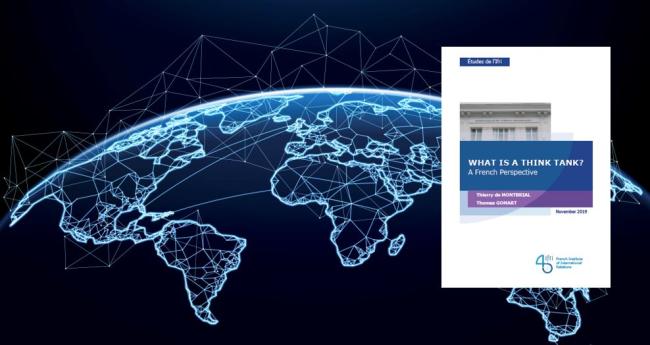Economy
The economy is an essential attribute of power and a major component of international relations. While geopolitical tensions are on the rise, economic interdependence remains strong.
Related Subjects

A framework for a Win-Win Europe-Africa Energy and Climate Partnership
North-South tensions are exacerbated at a time of unprecedented turmoil for both Europeans and Africans. European polycrises (geopolitical, energy-related and economic) echo the systematic vulnerability of Africans, which is reinforced by external shocks.
Is International Climate Finance Unfair and Inefficient?
Finance is arguably the most sensitive climate negotiation topic. Different studies have shown that rich countries emit the majority of greenhouse gas (GHG) emissions, while the climate footprint of the poorest countries is much more limited.
IRA: Towards Clean Hydrogen Leadership in the U.S.
Although late in adopting clean hydrogen (H2) and defining a national strategy–a draft was presented by the Department of Energy (DOE) in September 2022–, the United States (US) has strongly reinforced its support to clean hydrogen with the passage of the Inflation Reduction Act (IRA) in August 2022.

Türkiye’s Stifled Ambitions
As its elections have unfolded this spring, Türkiye has again shown itself to be symptomatic of the times. Across the world, numerous political regimes oscillate between democratic forms of government and an authoritarian concentration of power; impressive periods of growth give way to inflation and recession; and international deregulation gives rise to widespread diplomacy in an effort to juggle a myriad of shifting political loyalties. Faced with the war in Ukraine, Ankara is playing a strong hand by enlarging its areas of presence and intervention. Türkiye is more important to its partners than ever, independent of its eventual domestic trajectory.
Western discourse predicted the advent of Chinese dominance in the very short term, but events have taken a rather different turn. The drivers that enabled the unprecedented growth of recent decades seem to have run out of steam. Moreover, the outcome of Beijing’s economic strategies is still uncertain, in a context shaped primarily by U.S. policies. China’s influence in the future will be considerable, but the direction its rebound will take remains unclear.
For Europeans, the events in Ukraine and the thorny issue of the Sino-American rivalry cannot paper over the other security problems we face: On what common vision of our history and future will we build the Europe of tomorrow? Has drug trafficking already changed the nature of our societies? Can we afford to turn away from instances of destabilization in Africa, from the Horn to the Sahel?

European and Japanese Soft Power Signal Renewed Influence of G7
The G7 summit in Hiroshima showcased a new international order in the making: in a world where security is indivisible, the priority should be to uphold a collectively shaped rules-based order and find a modus vivendi with China. The G7 can work toward this by taking into account the diverse perspectives of industrialized countries and the Global South, which prioritizes multi-alignment and autonomy. Japan and Europe played a critical role in this process.
Balancing Security and Innovation: Opposition's View on Turkey's Digital Policies
The upcoming presidential and parliamentary elections in Turkey on May 14, 2023, are expected to be closely contested. Polls suggest that the ruling AK Party-led People’s Alliance will lose its majority in parliament, resulting in a hung lower house.
Reshuffling Value Chains - South Korea as a Case Study
Despite all the talks about the reshuffling of value-chains and the trend to a form of industrial “Desinicization” (or decoupling/disengagement from China), the example of South Korea does not vindicate such assertions.
China/United States: Europe off Balance
As French President Emmanuel Macron (accompanied by Ursula von der Leyen) is on a state visit to China, some twenty Ifri researchers decipher the stakes of the U.S./China/Europe strategic triangle.
South Korea and IPEF: Rationale, Objectives and the Implications for Partners and Neighbors
As a key manufacturer of high-end technology components critical to the sustainability of the Fourth Industrial Revolution, South Korea is essential in any effort to rebuild a resilient global supply chain but also to the promotion of a clean economy. South Korea can thus contribute to two of the pillars of IPEF (Indo-Pacific Economic Framework), specially to pillars II and III (supply-chain resilience and a clean economy).
The Eurozone’s Vulnerabilities and Risks
The war in Ukraine has brought to light the European Union’s vulnerabilities.
Towards a more China-centred global economy? Implications for Chinese power in the age of hybrid threats
An era of hyper globalization is giving way to an age of geoeconomics wherein China seeks a decisive seat at the table.
Asia-Pacific mega trade deals (RCEP, CPTPP): Which role for the US, and what are the implications for the EU?
While it has long been reluctant to engage in institution-based regional economic integration, East Asia is now home to two mega trade deals: the Comprehensive and Progressive Agreement for Trans-Pacific Partnership (CPTPP) and the Regional Comprehensive Economic Partnership (RCEP).

France, China and the BRI: The challenge of conditional engagement
Moving away from its traditional low-profile attitude, China has gradually shifted to a muscular foreign policy in the wake of the 2008 global financial crisis and the resulting change in the global balance of power.
Europe, Power and Finance
Finance has become an essential attribute of power. Its importance has grown given the substantial investments needed for the energy and digital transitions as well as the need to support economies affected by the COVID-19 pandemic.
The regional economic order: Four scenarios
What will the economic order in the Indo-Pacific region look like twenty years from now? What are the major trends shaping it, and how are they likely to evolve in the near future?
Europe in the Geopolitics of Technology: Connecting the Internal and External Dimensions
To respond to growing global competition, the EU has made notable progress on the internal dimension of technology policy over the past 3 years. It is now also seeking to adapt its foreign policy – from the transatlantic relationship to global partnerships – to technological challenges.
Economy and Diplomacy: China’s two Challenges in the Post-Covid-19 World
Will China rise stronger from the pandemic? A flow of media reports and op-eds have recently flourished, forecasting the decline of the West and the triumph of China on the world stage amid the COVID-19 pandemic. Some have declared the dawn of a “post-Western world”.
South Korea’s Hydrogen Strategy and Industrial Perspectives
South Korea is a hydrogen (H2) frontrunner. The world’s first commercial fuel cell electric vehicle (FCEV) was launched by the South Korean car manufacturer Hyundai (Tucson i×35) in 2013.
POSCO Energy, South Korea’s largest private energy producer, completed the world’s largest fuel cell manufacturing plant in 2015. When President Moon took office in 2018, the new government identified H2 as a new growth engine, and pledged to turn the country into a H2 economy.
Saudi Arabia’s Policy in Africa : Vectors and Objectives
Until recently, Saudi Arabia was the country out of the Gulf countries that had the greatest number of diplomatic missions in Africa (27[1]).
What Is a Think Tank? A French Perspective
The French Institute of International Relations (Ifri) celebrated its 40th anniversary in the spring of 2019, in a completely different environment to when it was founded, which was dominated by the competition between the two “superpowers” of the time, the United States and the Soviet Union (USSR).
Support independent French research
Ifri, a foundation recognized as being of public utility, relies largely on private donors – companies and individuals – to guarantee its sustainability and intellectual independence. Through their funding, donors help maintain the Institute's position among the world's leading think tanks. By benefiting from an internationally recognized network and expertise, donors refine their understanding of geopolitical risk and its consequences on global politics and the economy. In 2025, Ifri supports more than 80 French and foreign companies and organizations.







